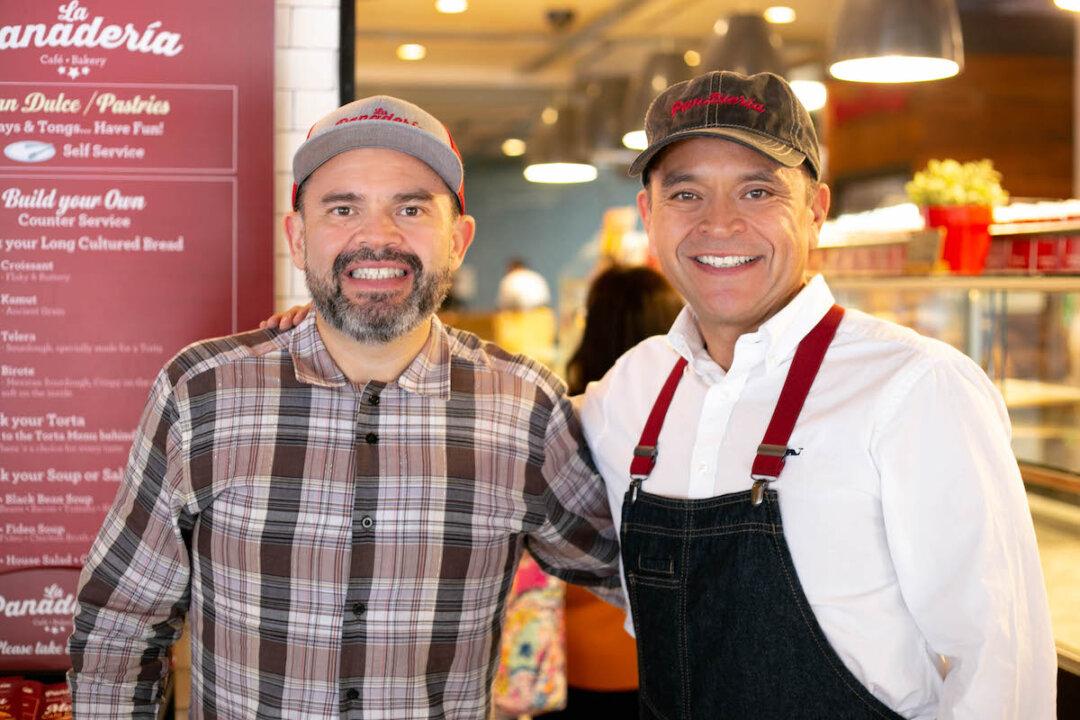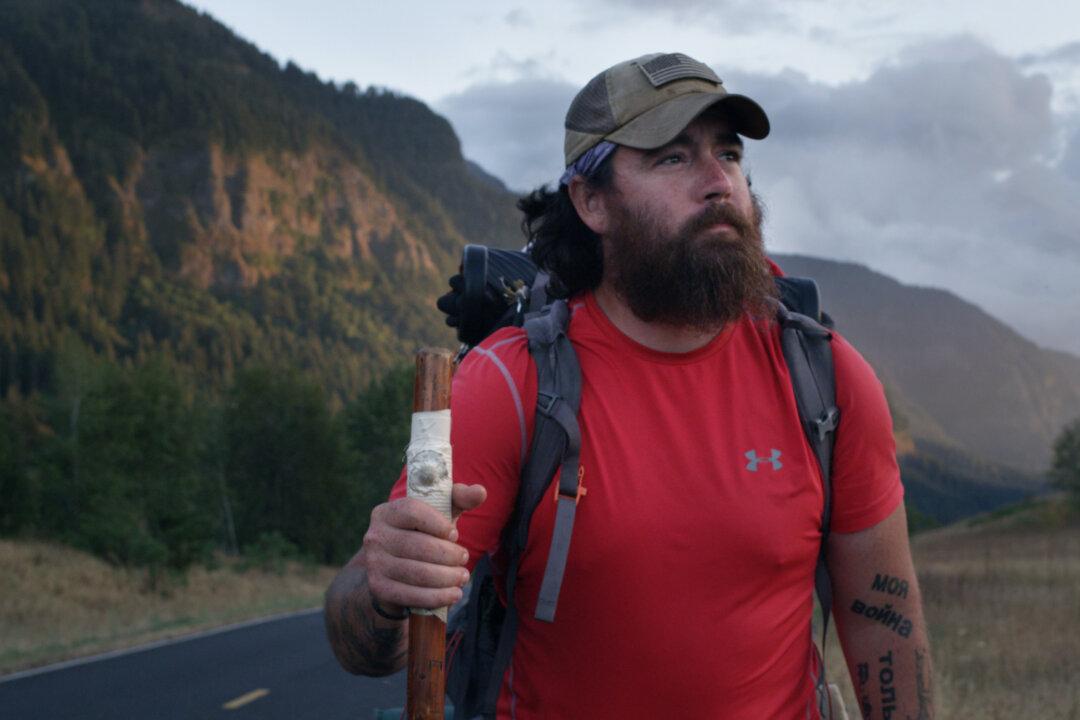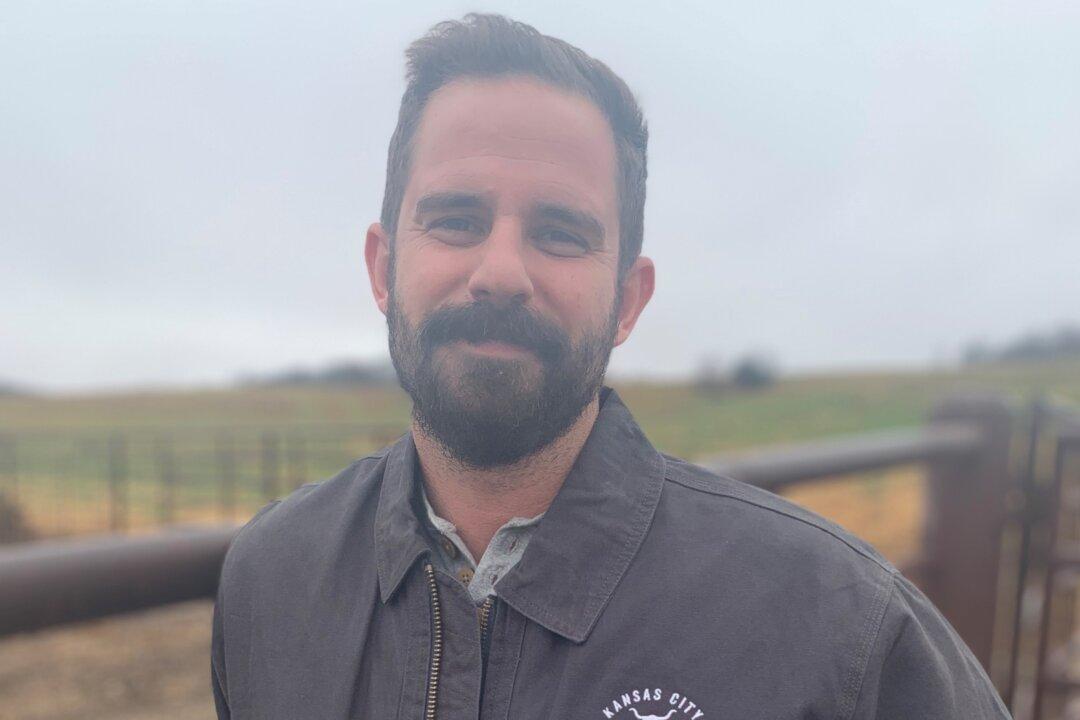“Roscas! Roscas de a cinco y de a diez!” Brothers David and José Cáceres, owners of San Antonio’s La Panadería bakery, grew up selling their mother’s baked goods on the streets of Mexico City.
“Pastries! Pastries for five pesos and 10 pesos!” they would yell.






